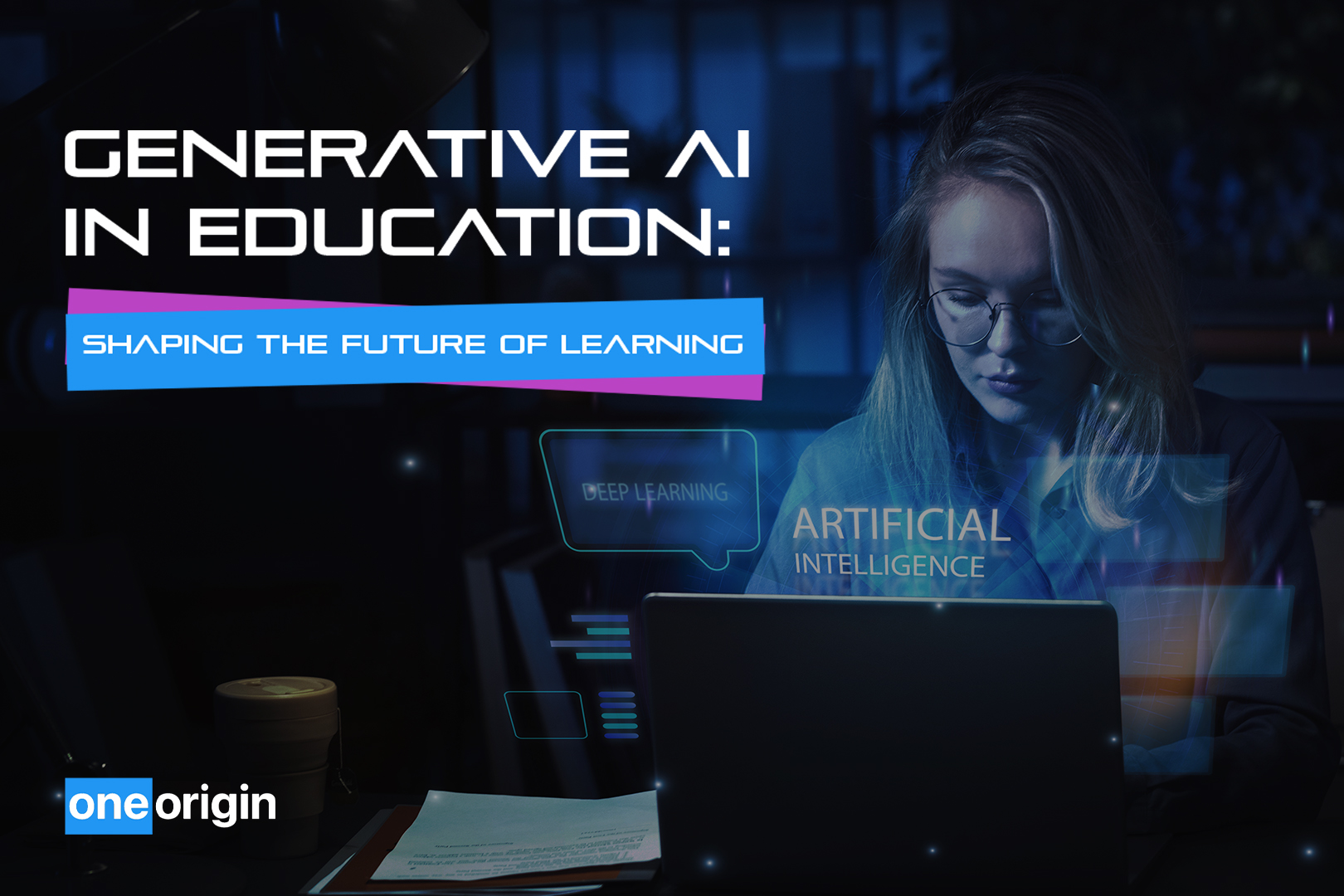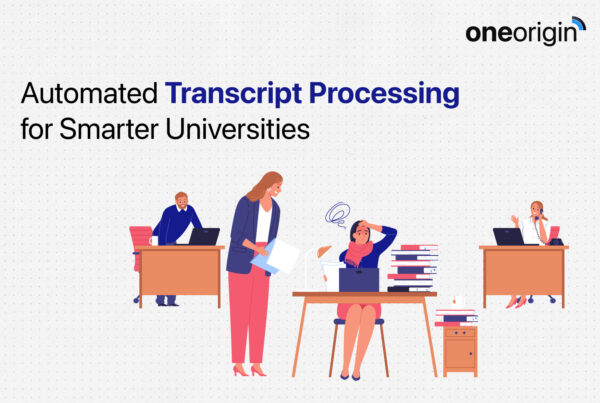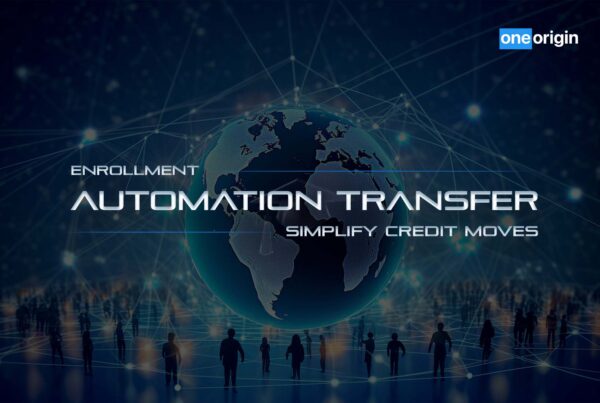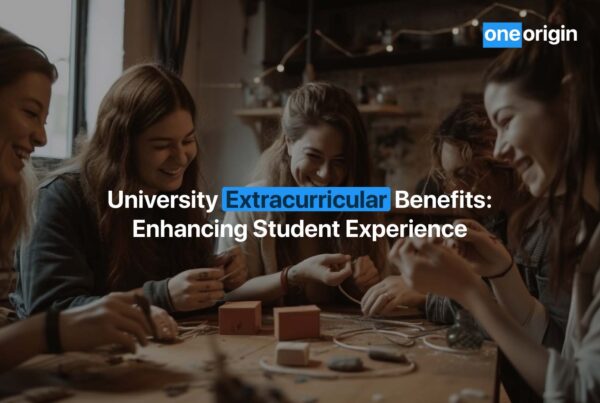In an era where technology intertwines with every facet of our lives, the realm of higher education stands on the brink of a monumental transformation. Imagine a classroom where learning is not just about listening to lectures or reading textbooks, but an immersive experience tailored to each student’s needs and aspirations. This is not a distant future fantasy; it’s the imminent reality brought to us by generative AI.
How Is Generative AI Transforming Education?
Have you ever thought about how a caterpillar transforms into a butterfly? This natural wonder shares a similarity with the current transformation in education through generative AI. Just as a caterpillar undergoes metamorphosis, education is evolving beyond traditional methods into a dynamic and personalized learning experience, thanks to the marvels of AI technology.
The education landscape is undergoing a significant transformation driven by powerful new technologies like generative AI. This innovative field holds immense potential to reshape how we learn and teach, offering exciting possibilities for both students and educators.
What is the Role of AI in Personalized Learning?
Generative AI is not just another tech buzzword; it’s a game-changer in creating personalized learning paths for students. By analyzing vast amounts of data, AI algorithms tailor the learning experience to fit individual strengths, weaknesses, and learning preferences, ensuring that no student is left behind.
Generative AI is reshaping education by tailoring learning to individual needs and preferences, providing dynamic, interactive content, and personalized feedback to enhance student learning. It enriches education with immersive experiences like virtual simulations and AI-driven language learning, while also easing educators’ workloads through automation. Additionally, it broadens accessibility and inclusivity, adapting materials for diverse learners. However, the successful integration of AI in education requires careful consideration of ethical standards, data security, and comprehensive teacher training to address potential challenges effectively.
Generative AI Tools in Academic Research
The journey of discovery in academic research is being accelerated by generative AI tools. These tools are capable of sifting through vast datasets and generating new insights, making the research process more efficient and opening up new frontiers of knowledge. Generative AI encompasses a range of powerful algorithms capable of creating entirely new content, be it text, images, or even code. These tools learn from vast datasets, identifying patterns and relationships to generate novel outputs that mimic the training data.
AI Generation and the Future of Teaching Methods
The advent of AI is revolutionizing education, shifting educators from traditional roles to facilitators of interactive learning. This transformation is characterized by personalized, AI-driven learning experiences that adapt to individual students’ needs and preferences, and by the creation of engaging, gamified content that appeals to diverse learning styles.
AI aids educators by automating administrative duties and offering insights into student performance, allowing teachers to focus on fostering critical thinking and creativity. However, the integration of AI in education faces challenges such as algorithmic bias and equitable technology access, highlighting the need for ethical practices and human oversight. Looking ahead, AI’s role in education suggests a future of personalized and interactive learning, yet underscores the crucial role of educators in providing a comprehensive educational experience.
Conclusion
Generative AI is ushering in a new era for higher education, transforming it into a more dynamic, personalized, and immersive experience. This shift, akin to a caterpillar’s transformation into a butterfly, moves us away from traditional learning to a future where education is tailored to the individual needs and goals of each student. Beyond customizing learning, AI is redefining academic research and teaching by automating tasks and offering fresh insights, enhancing the entire educational framework. Yet, adopting AI in education requires careful attention to ethics, data security, and maintaining the crucial role of educators. As we approach this educational shift, AI’s potential to create an inclusive and engaging learning environment highlights the continued vital role of teachers in fostering students’ development.





